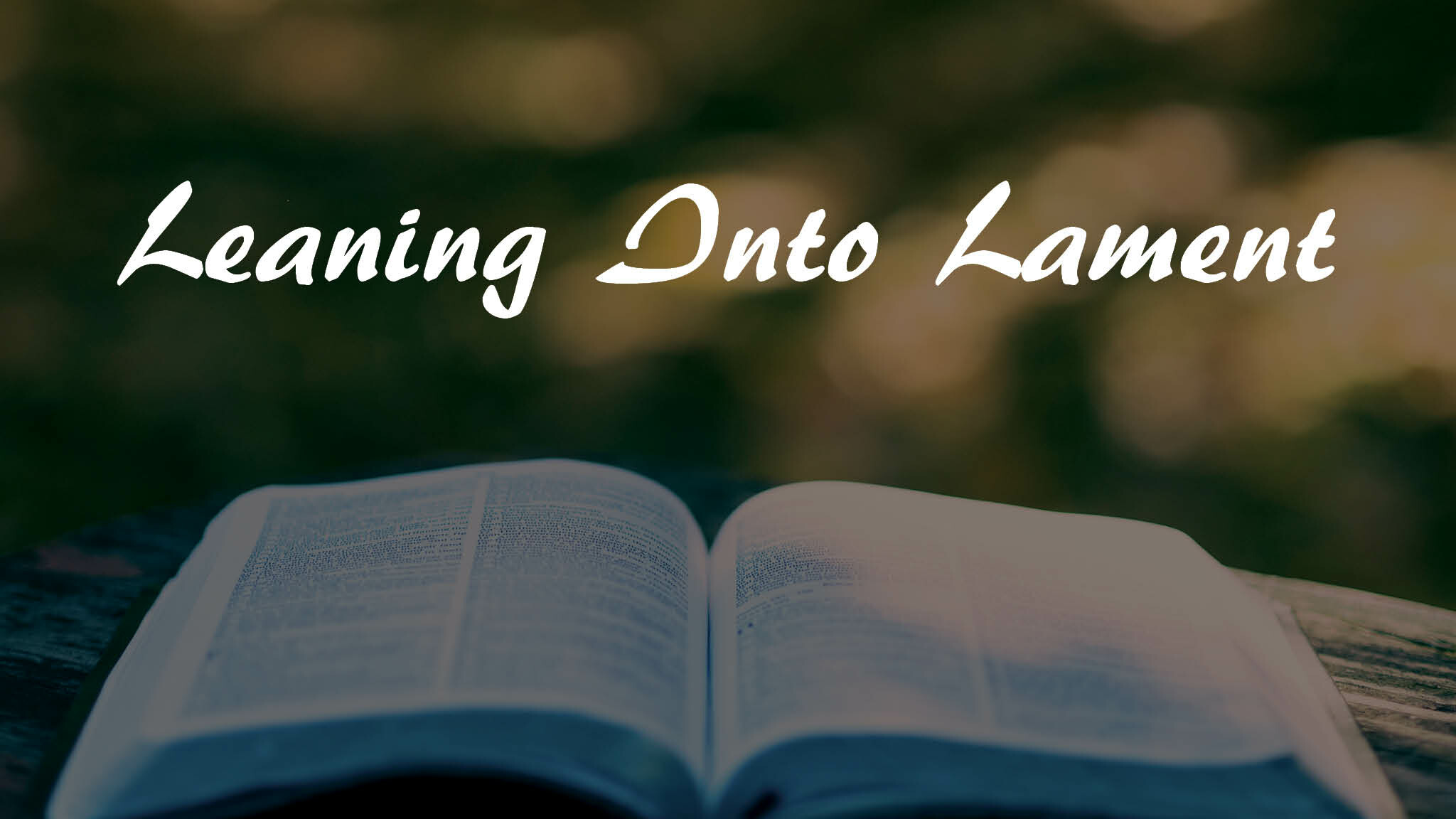
It is a strange time to be a church that highly values weekly Communion. Until recently the idea that anything could keep us from gathering at the Lord’s Table on Easter Sunday was unimaginable.
But this year COVID-19 has made the unimaginable our new reality: Easter without Eucharist.
So the internet is abuzz with proposed solutions: drive-thru communion, virtual consecration, lay celebration, and the like. We will not be doing so at Christ Church Cathedral, but instead will continue to go without Eucharist in this season for theological, missional, and pastoral reasons.
+
Theologically, the discussions about Communion that this crisis has evoked are fascinating, but not convincing enough to change our practice. Anglicans are slow-movers when it comes to liturgical innovation. This is not because we are stuck in the mud, but because we believe that everything we do liturgically is a declaration of our theology: lex orandi, lex credendi (as we pray, so we believe). Consideration must be given to these new practices to make sure they do not diminish the sacredness of the Eucharist, and not inadvertently tokenize or commodify it.
With all due respect to those church leaders proposing new sacramental practices, it will take much longer than the few weeks we have been in shutdown to adequately consider the theological implications of these innovations.
Missionally, for the Christian, precautionary acts of sheltering-at-home and social distancing are not simply about obeying governing authorities, but about loving our neighbors. Not meeting face to face for fellowship, study, and worship is costly love during a pandemic, and yet we do it obediently as a sign of love for the most vulnerable inside and outside our congregation.
When it comes to health guidelines and state orders regarding isolation during a pandemic, the Church should not be looking for loopholes, nor worrying about being accused of too much political correctness, but rather be seen leading in efforts to eradicate this disease. And yes, I said “seen leading” because optics are really important for our mission during COVID-19. What would our non-believing neighbors say if they saw cars in our parking lot on Easter Sunday — even if they were going through a drive-thru?
As a former atheist I will tell you what many would say: “Look at those Christians caring more about their Easter practices than they do about keeping their community safe.”
Pastorally, we need to consider what the Lord might be teaching us during a season where we are separated from the Communion Table.
The faulty assumption is that this is a problem that must be solved. If only we get creative enough, if only we realize that past liturgists, theologians, and pastors never imagined such a time as ours, then surely we can reinterpret our sacramental practice in such a way that will solve this Eucharistic famine.
But what if this is not a hardship to be solved, but a hardship to be endured with faith, hope, and love? Perhaps what we need most is to call this season what it is: a season of lament. Our biblical tradition includes psalms of lament as reminders that there are moments when nothing can be done but weep and wait on the Lord: leaning into lament.
This humbling reality is particularly difficult in affluent America, where we often believe that every problem has a solution, if we just work hard enough at it. Instead, lament and suffering teaches us our frailty, our dependency on God, and grows in us a longing for redemption.
+
This season of Eucharistic famine is terrible, especially at Easter. But will it not be all the more sweet, therefore, when we reopen the campus and regather at Jesus’ Table?
Of this I am sure: I will never again take for granted the glory of meeting together in worship, and together sharing this meal.
So as you walk through Holy Week, above all remember this: you are in constant spiritual communion with the Triune God, not only by the means of the sacramental elements, but by means of Jesus’ body broken and blood shed for you on the Cross.
